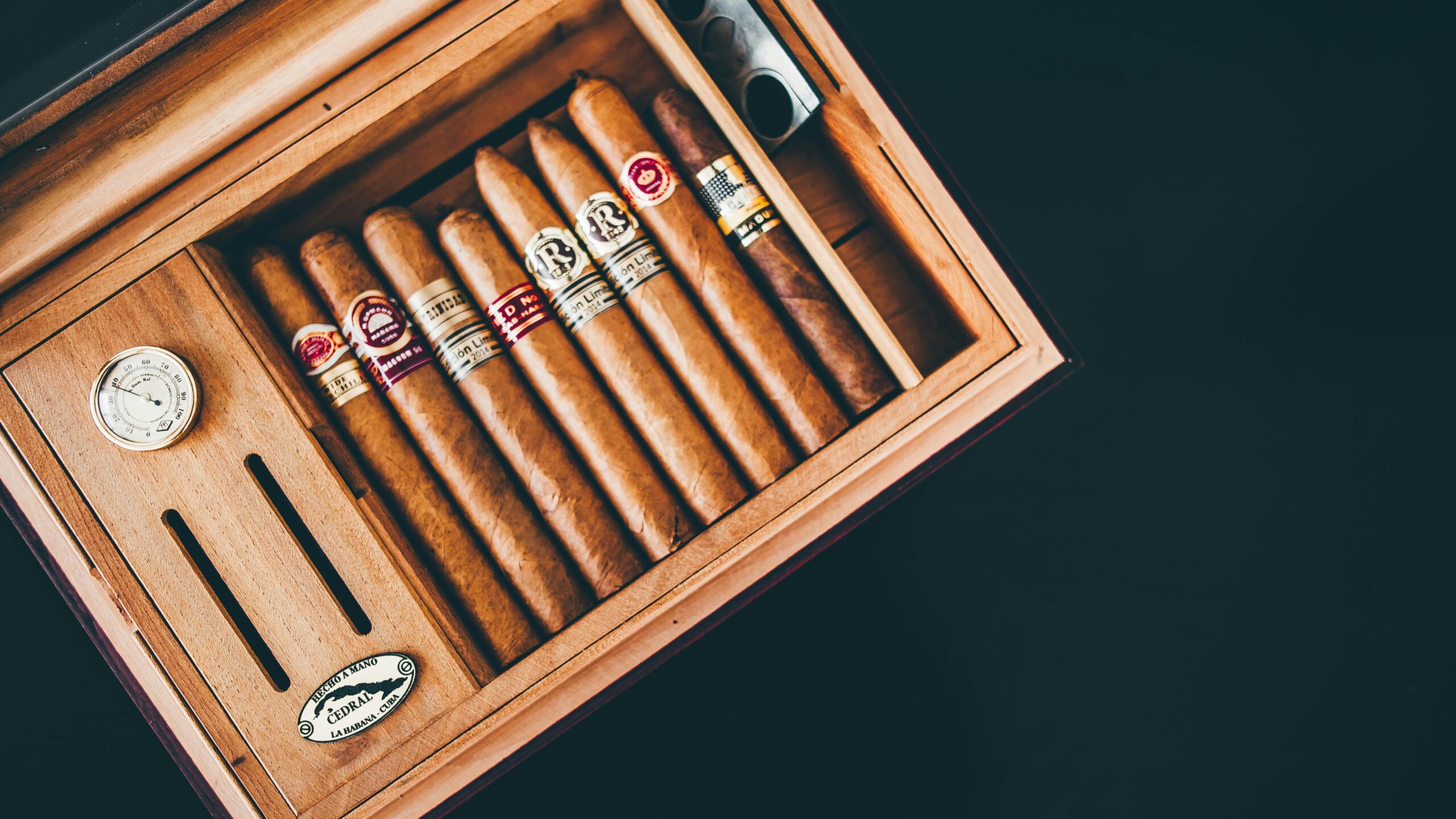There’s no escaping death and taxes, they say. If you’re in the cigar industry, you’re probably focusing on a third inevitability: government regulation.
Many of these regulations you’re no doubt already aware of, especially if they apply to your specific niche. Other, more peripheral rules you may have heard of but can’t really claim to understand. Given the interconnectedness of all the industry’s sectors, from farming to manufacturing to distribution and retail, regulatory actions in one sphere can have ripple effects across the entire pond. You can avoid unhappy surprises by maintaining a sound overview of the regulatory landscape across the cigar industry.
Regulatory Hurdles for Farmers
Domestic tobacco farmers have plenty of tobacco laws and regulations to keep in mind. Many of these can be found at the federal level and relate to:
- Standards concerning pesticide residue levels on crops for use in tobacco products.
- A voluntary grading program for quality-loss adjustments on crop insurance claims.
Regulatory Hurdles for Cigar Manufacturers
At the manufacturing stage, there tend to be even more federal regulations to comply with, such as:
- FDA registration requirements.
- Restrictions on flavorings added to tobacco products.
- Warning labels (on hold pending litigation).
There are also rules concerning marketing cigars as a modified-risk tobacco product.
Regulatory Hurdles for Cigar Distributors
One of the most well-known regulations concerning cigars is the ban on imports from Cuba, which covers even cigars for personal use and those brought in through a different country. Another potential regulatory hurdle involves receiving approval from the ATF’s Tax and Trade Bureau for a federal permit before importing any New World cigars.
Regulatory Hurdles for Cigar Retailers
Cigar retailers face a significant regulatory hurdle in minimum age requirements for tobacco product purchases. In 2019, federal law raised the age for purchasing a tobacco product from 18 to 21.
The FDA enforces this regulation and will fine retail establishments that fail to use photo IDs to verify the ages of individuals buying cigars or other tobacco products. There may also be local regulations that apply, such as in Minneapolis, Minnesota, which passed an ordinance restricting cigar smoking in lounges to only 15 minutes.
Understanding and complying with federal, state, and local tobacco regulations can be confusing. If you need help, schedule a no-cost consultation with Venerable Law by calling 813-680-4530.



